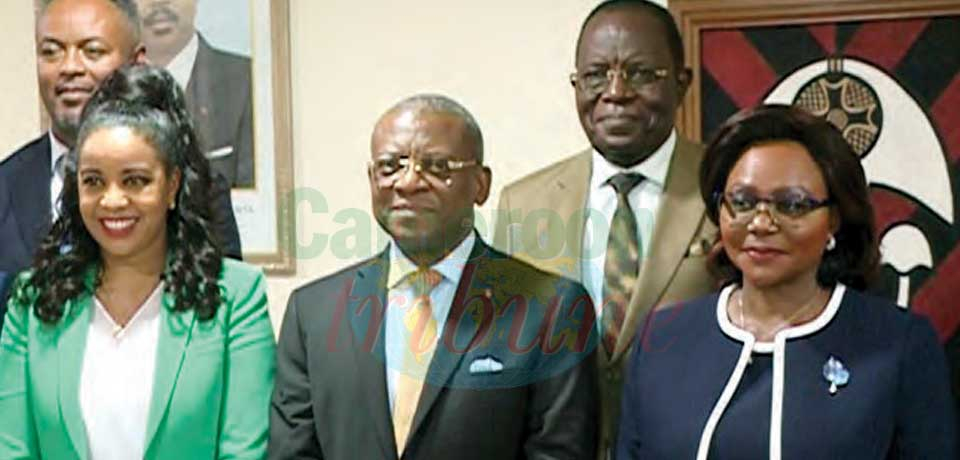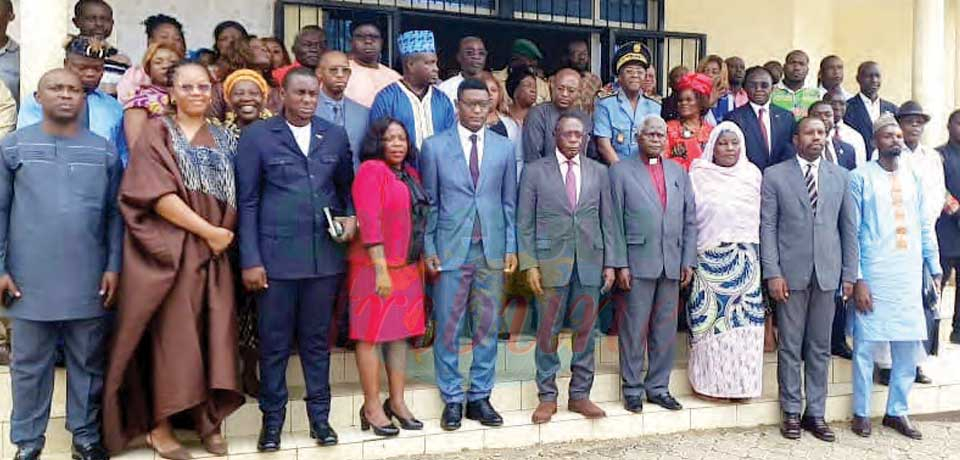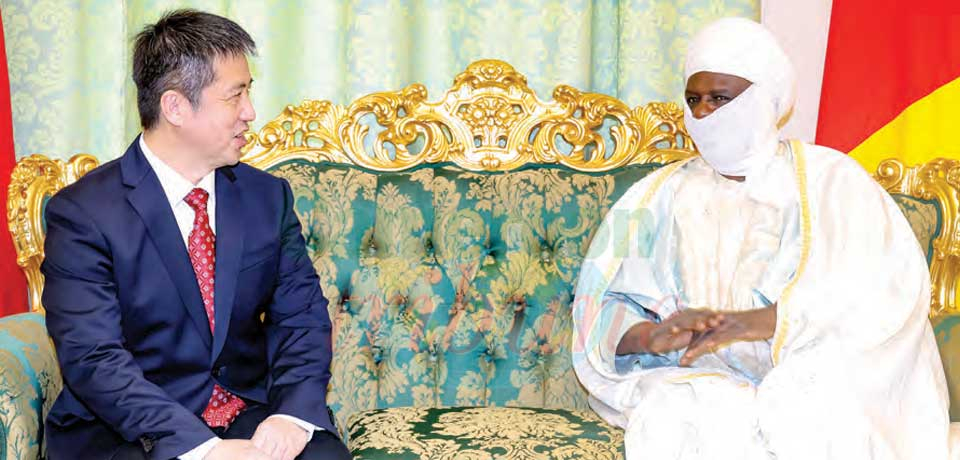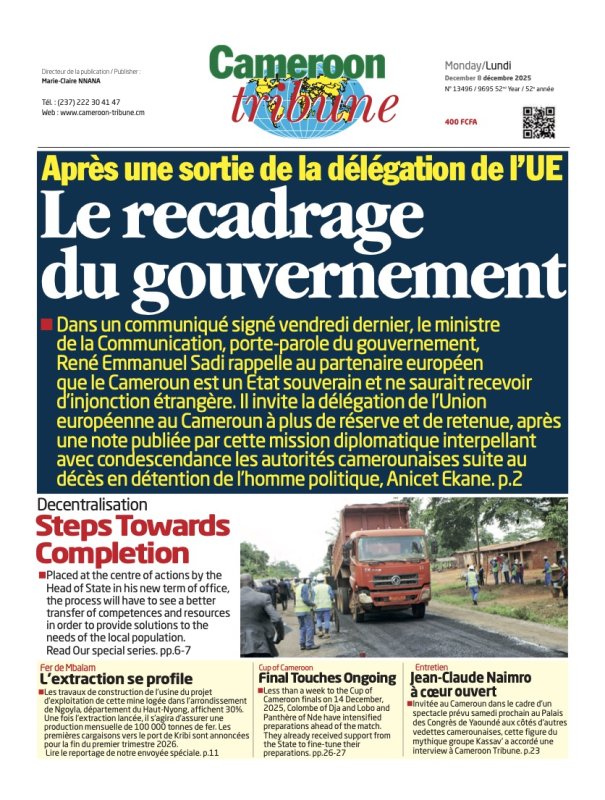Now That We Are Talking…
- Par LIENGU ETAKA ESONG
- 30 Nov 2016 08:57
- 0 Likes
The past two weeks have seen the gains of the 1961 Reunification literally thrown to the dogs with endless street demonstrations, senseless bloodletting , all because dialogue, known universally as one trusted means of bringing differing factions together, was shelved aside. By our shameful acts of the past few days, it will be difficult for the founding fathers of the Reunification – the Fonchas, Munas, Endeleys, Kemchas, Juas on one side and the Ahidjos, Njoya Arounas, Sultan Njimolus, Betayenes on the other – and even further away, our ancestors of the German period and mostly those who lost their lives for our cause such as Rudolf Duala Manga Bell, Madola or pastor Litumbe Ekese who fought and sometimes even lost their lives, to imagine what is happening with a legacy they so hardly fought for! Some two weeks ago, some English-speaking Lawyers, probably too zealous about the need to foster the bi-cultural standing of our country, undertook to remind the authorities of the need to keep a jealously-kept gain of reunification and for which Cameroon stands out very tall as one of the very few countries in the world to have successfully run a country on a bi-cultural system in which the civil law and common law systems had functioned almost without hitches until hawks, claiming to harmonize I don’t know for what reason and what commanded such urgency, decided to create a kind of hybrid in which none of the systems was going to identify itself. Our nation was born out of dialogue and it is on the basis of such dialogue at the Foumban Constitutional conference that our country has continued to prosper. But any edifice, be it political or otherwise, is bound to face some difficulties. And that is why, each time there has been a problem, dialogue has set in to get the problem talked over and resolved. Moreover, the President of the Republic has made dialogue the bedrock of his political programme. And it has often produced sound political results. There are many reasons to believe that there is no “hidden agenda” against the category of citizens usually referred to as Anglophones; otherwise there would be no General Certificate of Education Board today; the University of Buea and that of Bamenda would never have been saddled on the Anglo-Saxon model of education. All these gains were obtained through dialogue. Red tape by lowly-placed governmental officials, rather than government d...
Cet article complet est réservé aux abonnés
Déjà abonné ? Identifiez-vous >
Accédez en illimité à Cameroon Tribune Digital à partir de 26250 FCFA
Je M'abonne1 minute suffit pour vous abonner à Cameroon Tribune Digital !
- Votre numéro spécial cameroon-tribune en version numérique
- Des encarts
- Des appels d'offres exclusives
- D'avant-première (accès 24h avant la publication)
- Des éditions consultables sur tous supports (smartphone, tablettes, PC)














Commentaires